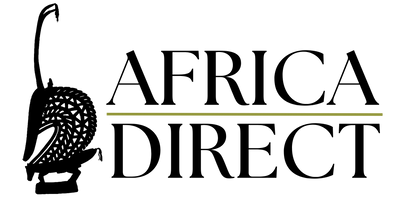Chokwe Mask Wood Congo
Width: 8.0
Depth: 6.0
Description
The Chokwe people are an ethnic group from Central and Southern Africa, mainly from Angola, the Democratic Republic of the Congo, and Zambia. They are known for their distinctive art, particularly their masks. Chokwe masks are typically carved from wood and adorned with various materials such as cowrie shells, animal hair, and fiber.
The masks are used in traditional ceremonies and rituals, particularly during initiation ceremonies and funerals. They are also used in performances and other cultural events. Chokwe masks often depict human or animal figures and are intended to represent spirits or ancestral beings.
Some of the common features of Chokwe masks include large, almond-shaped eyes, a prominent forehead, and a protruding mouth. The masks may also have scarification marks, which are a common form of body art among the Chokwe people.
Chokwe masks are highly prized by collectors and art enthusiasts. They are considered to be some of the finest examples of African art, with their intricate designs and attention to detail. Many museums and galleries around the world have collections of Chokwe masks on display.
During one version of a Mukanda dance a masked figure known as Pwo, a Chokwe ancestor, represents an adult female, mature and beautiful who is dignified and spiritual reflecting all the positive attributes of an ideal woman who can serve as a Chokwe role model. The Pwo mask dances in tandem with other masks known including the bird mask. Among the Chokwe the symbol of the bird is associated with positive forces used to protect the community. When dancing, bird masks spread positive forces that guarantee fecundity and fertility. This finely carved mask is worn on the face. It would be completed with a woven netting costume. Basically, the dancer sees through the eyes or the nose's holes of the mask.
Height (In) 12.0
Width (In) 8.0
Depth (In) 6.0
138298
Approximate Age: 20th Century
People: Chokwe
Country of Origin: Democratic Republic of the Congo







